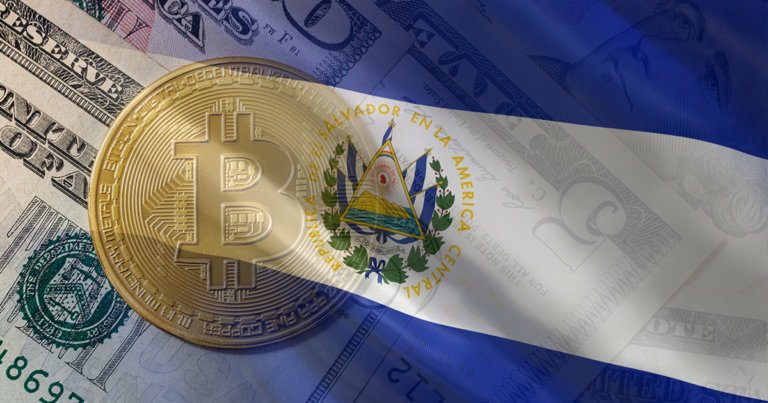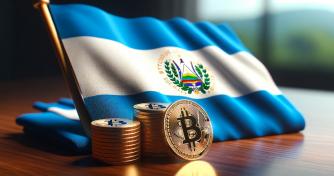 Central American bank: Bitcoin’s (BTC) success in El Salvador could mean legalization in other countries
Central American bank: Bitcoin’s (BTC) success in El Salvador could mean legalization in other countries Central American bank: Bitcoin’s (BTC) success in El Salvador could mean legalization in other countries
If Bitcoin (BTC) substantially cuts remittance costs in El Salvador, other Central American countries will most likely adopt it as well.

Cover art/illustration via CryptoSlate. Image includes combined content which may include AI-generated content.
El Salvador adopting Bitcoin (BTC) as a parallel legal tender to the US dollar in September could substantially lower the costs of remittances that are a vital source of income for millions.
According to the region’s development bank, other Central American countries are zealously waiting to see if this happens, because if it does, they could soon adopt Bitcoin themselves.
Gamechanger
Dante Mossi, the executive president of the Central American Bank for Economic Integration (CABEI) told Reuters that “everyone is watching if it goes well for El Salvador and if, for example, the cost of remittances drops substantially … other countries will probably seek that advantage and adopt it.”
El Salvador has a population of 6.5 million, with over 2 million living abroad and sending money to their families back home.
As taunted by President Nayib Bukele, who ushered the legislation through parliament in June, thanks to his Nuevas Ideas party’s majority in the assembly, Bitcoin will facilitate remittance payments from Salvadorans living abroad and positively impact the country’s economy in need of relief.
Nuestro pueblo paga $400 MILLONES al año en comisiones por las remesas.
Solo ese ahorro será un beneficio enorme para nuestra gente (o al menos para quien así lo desee).
También está la ventaja de no tener que cargar efectivo. Más seguro y más práctico.
— Nayib Bukele ?? (@nayibbukele) August 23, 2021
With over 20% of the country’s gross domestic product (GDP) being made up of remittances, the adoption of Bitcoin could dramatically change the game in the Salvadoran’s favour.
In the first half of 2021, El Salvador ?? received $3.6 billion in remittances. An increase of 45.3% compared to previous years.
They account for 23% of the country’s GDP and benefit about 360,000 households, with 95.4% sent from the U.S.
El Salvador ?? needs #Bitcoin
— Documenting Bitcoin ? (@DocumentingBTC) July 27, 2021
Important show of support
According to Reuters, Mossi called the legal tender adoption an “out of this world experiment,” intended to advance financial inclusion in a region where many lack access to bank accounts and heavily rely on money sent from relatives living in the US.
Mossi underlined that CABEI had a “fiduciary obligation” to aid El Salvador in its request for help as the regional development bank is providing the country with technical assistance on the cryptocurrency implementation, while the World Bank declined its support.
“Guatemala, Honduras, and El Salvador are the countries that would have the most to gain if the adoption of Bitcoin lowered the cost of sending remittances,” Mossi told Reuters, while pointing out that the Central American nations that receive the most remittances are those most likely to follow Bukele’s lead.


































































